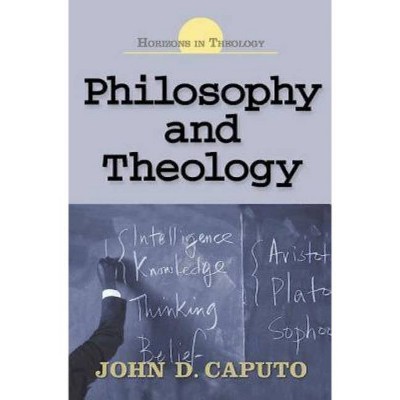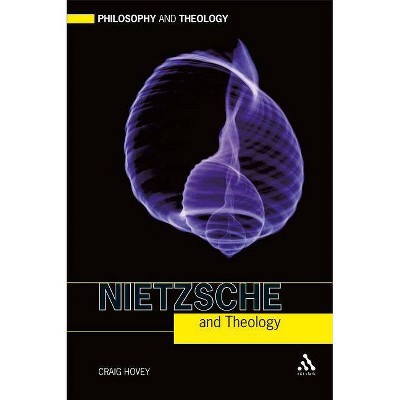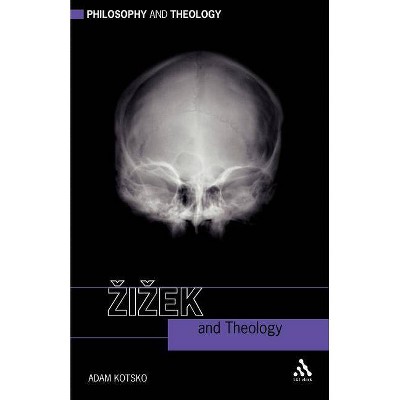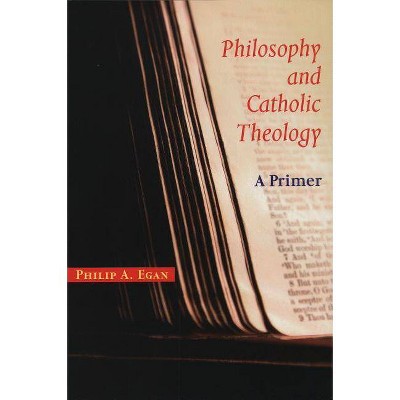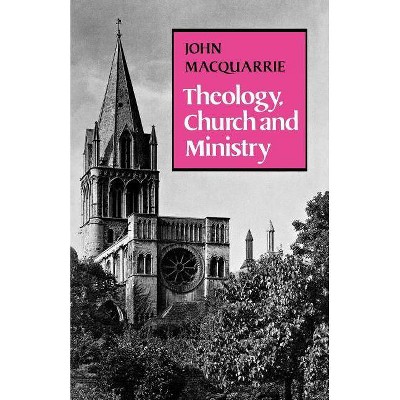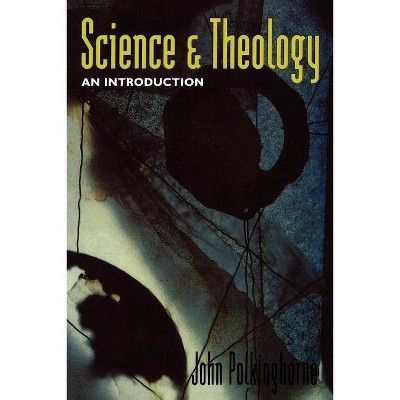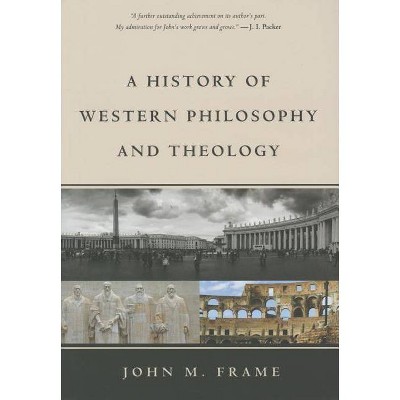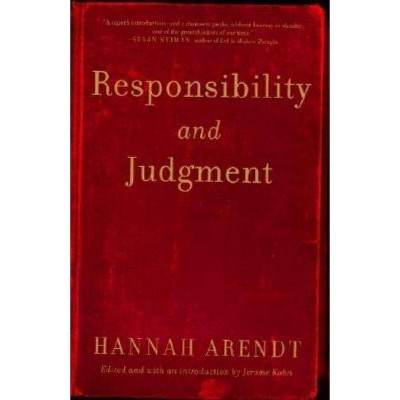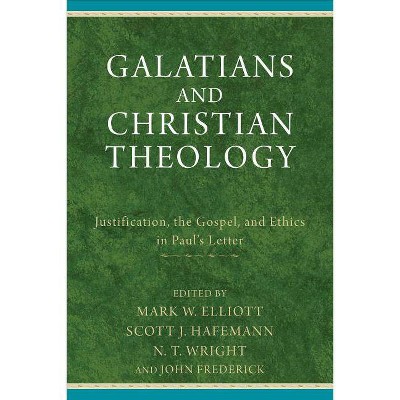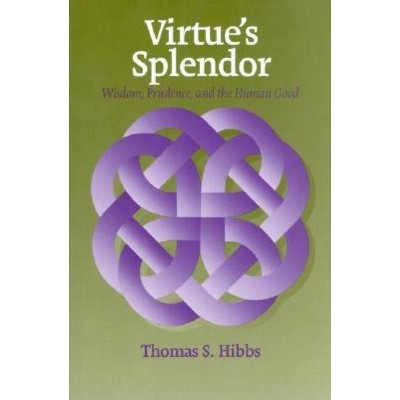Hannah Arendt and Theology - (Philosophy and Theology) by John Kiess (Paperback)
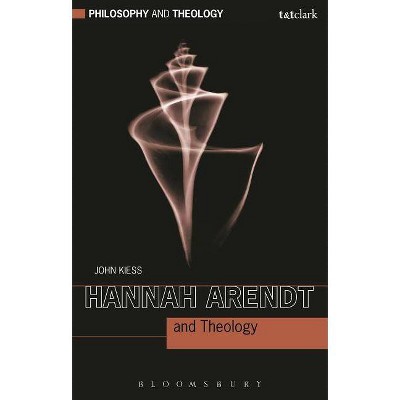
Similar Products
Products of same category from the store
AllProduct info
<p/><br></br><p><b> Book Synopsis </b></p></br></br>Hannah Arendt is regarded as one of the most important political philosophers of the twentieth century. Famous for her account of the banality of evil, her wide-ranging work explored such themes as totalitarianism, the Holocaust, statelessness and human rights, revolutions and democratic movements, and the various challenges of modern technological society. Recent years have seen a growing appreciation of her complex relationship to theological sources, especially Augustine, the subject of her doctoral dissertation and a thinker with whom she contended throughout her life. This book explores how Arendt's critical and constructive engagements with theology inform her broader thought, as well as the lively debates her work is stirring in contemporary Christian theology on such topics as evil, tradition, love, political action, and the life of the mind. A unique interdisciplinary investigation bridging Arendt studies, political philosophy, and Christian theology, Hannah Arendt and Theology considers how the insights and provocations of this public intellectual can help set a constructive theological agenda for the twenty-first century.<p/><br></br><p><b> Review Quotes </b></p></br></br><br>Hannah Arendt had a gift for reframing questions about how we should live in a way that forced us to rethink what we thought we knew. This makes her work essential, but it does not make it easy to understand. We are, therefore, very fortunate to have this extraordinary book by John Kiess. Writing with grace and clarity, Kiess draws on a wide range of other literature to help us understand the interrelation of Arendt's basic concepts and the importance of her work for theology.<br/>Stanley Hauerwas, Duke Divinity School, USA<br><br>Kiess clearly and wisely explores Arendt's views on evil, plurality, love, thinking, and the birth of the new. He then hints at how these ideas might call Christians to live justly in a broken world. Balancing political realism with an openness to grace is not easy. But Arendt and Kiess propose just such a balance, so that 'politics becomes the art of being born.' Incarnation abounds.<br/>Christian Century<br><br>The temptation to 'theologize' Arendt is both difficult to resist and prone to distortion given her complicated (and often implicit) engagement with theology and its traditional concerns. We have long needed a more comprehensive, integrated, and dialogical reading of Arendt and theology. John Kiess has given us that book. Readers of Arendt, and readers of Christian theology, will benefit from this learned yet accessible book that is rich in detail and wisdom.<br/>Eric Gregory, Princeton University, USA<br><p/><br></br><p><b> About the Author </b></p></br></br><b>John Kiess</b> is Assistant Professor of Theology at Loyola University Maryland, USA.
Price History
Price Archive shows prices from various stores, lets you see history and find the cheapest. There is no actual sale on the website. For all support, inquiry and suggestion messagescommunication@pricearchive.us
